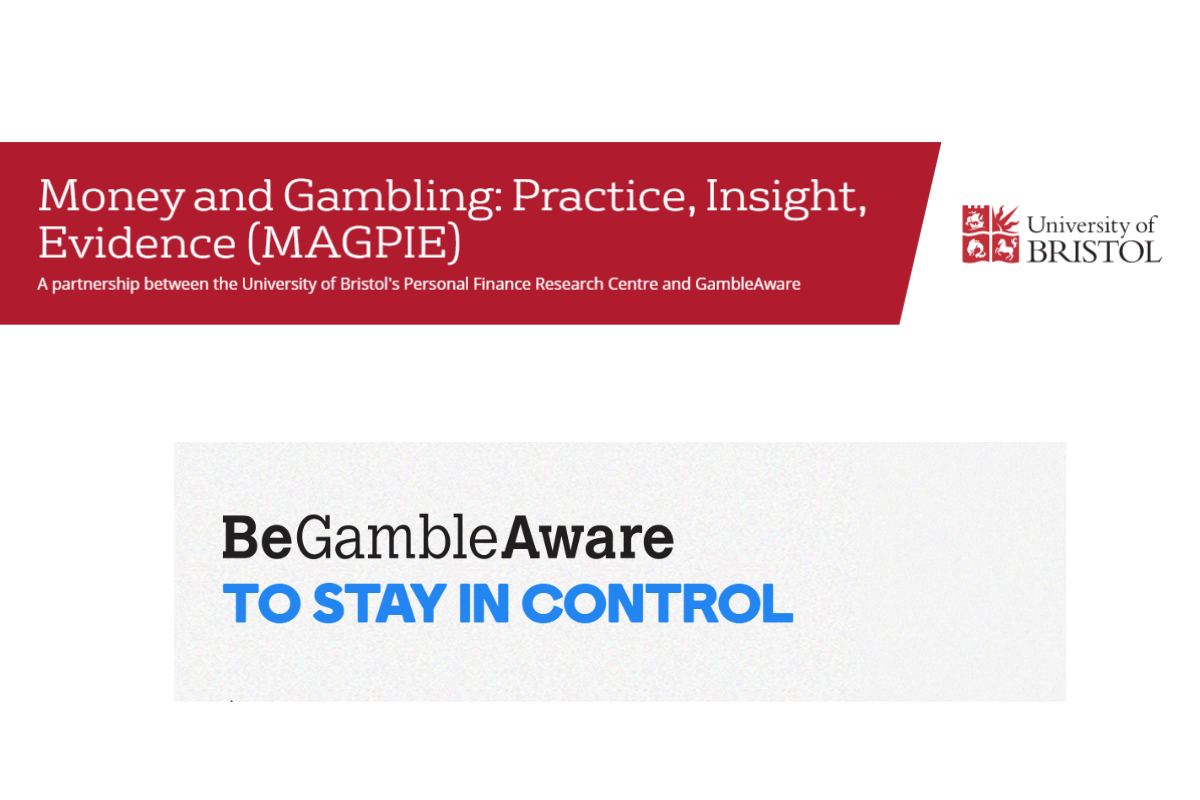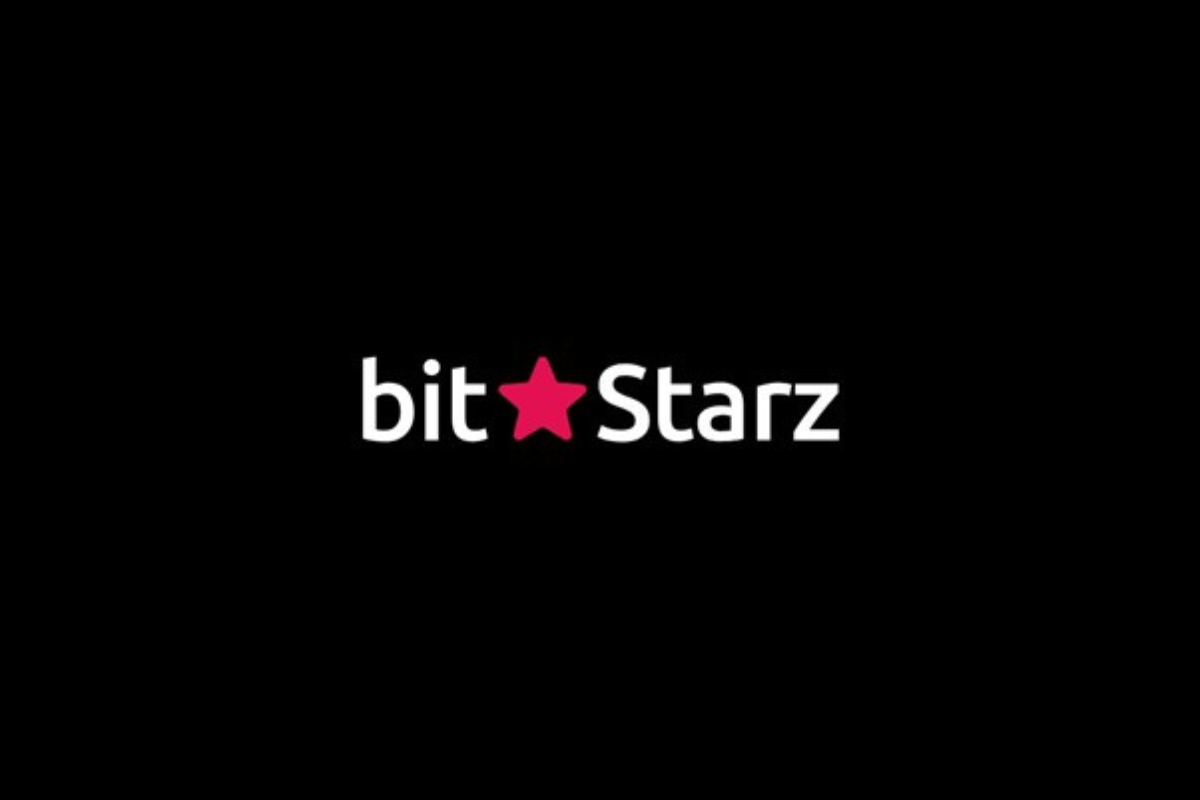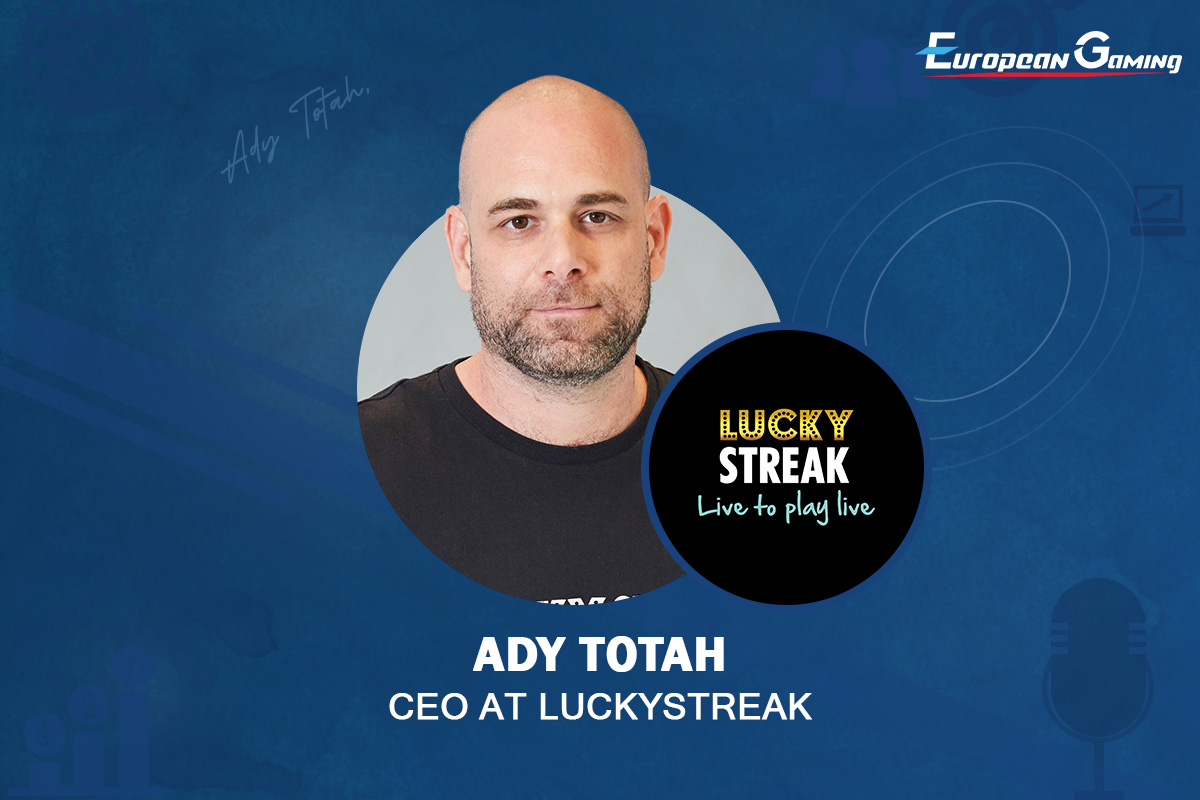Press Releases
University of Bristol’s Personal Finance Research Centre and GambleAware partnership

With around one million people in the UK suffering the negative consequences of gambling, some banks have introduced spending controls or ‘gambling blocks’ to help their customers. But do these measures work and what more can be done?
A research partnership between the University of Bristol’s Personal Finance Research Centre (PFRC) and GambleAware will examine how financial services organisations can best help people who experience, or are at risk of, gambling-related harm.
Researchers will engage with people affected by problem gambling, those working in the gambling and financial industries – including high-street banks, lenders and debt collection agencies – as well as treatment and support organisations, to explore a range of ways to mitigate the financial losses and other harms inflicted by risky gambling behaviour.
The three-year programme will address growing concerns around the severe financial and social consequences of gambling.
It comes as several UK banks – most notably Barclays, Monzo and Starling – have introduced ‘gambling blocks’. Once turned on by customers, these essentially prevent spending on a bank card at gambling outlets, both online and in-person.
The first six-months of the programme will investigate the effectiveness of gambling blocks and how their potential could be maximised. As the programme evolves, other topics might include practical guidance for financial services firms about how best to support customers affected by gambling; identifying effective financial self-help for gamblers, such as apps, budget planners or money guidance; and the feasibility of a ‘single gateway’ for credit self-exclusion.
Professor Sharon Collard, from the PFRC at the University of Bristol, is leading the programme and said: “We know that people in recovery from problem gambling already use informal workarounds to prevent themselves from spending money on gambling, such as forfeiting their card to a third party or scratching off the card security number.
“The new solutions from banks, however, allow customers to do this more formally – and, possibly, more successfully. But at present there is limited evidence about the effectiveness of such spending controls, nor about the characteristics of those who use them.
“We also don’t know much about the unintended consequences of these spending blockers. For example, whether it leads to customers withdrawing more money as cash and gambling with that.
“We’re looking forward to working with a wide range of stakeholders – especially those with lived experience of problem gambling – to come up with some real tangible solutions to benefit everyone.”
Dr Jane Rigbye is the Director of Education at GambleAware and said: “We want to prevent people from getting into problems with their gambling and we welcome the proactive steps that some banks have taken to protect their customers. People must be able to gamble in a safe environment, so we are pleased to be commissioning this project to determine how financial organisations can best protect people from gambling harm.”
Around seven in ten people seeking help for gambling problems report that they are in debt, with a third of these owing £10,000 or more.
Between 2007 and 2014 there were an average of 500 bankruptcies per year known to be linked to gambling – although the true figure could be much higher because people may not disclose that their bankruptcy is related to gambling.
Owen Baily, Peer Support Worker at London’s National Problem Gambling Clinic, has overcome a serious gambling problem and said: “I’m really glad that this new programme will explore and identify ways financial services organisations can help to reduce gambling-related harms.
“I know from my personal first-hand experience through having overcome a serious gambling problem, and knowing many others that have, that dealing with gambling debt and creditors proves very challenging.
“Financial services organisations – when it comes to this very specific customer vulnerability – can collaboratively play a big role in preventing the escalation of a problem and also aid in the recovery process, improving overall wellbeing, minimising chances of relapse and aiding the recovery process sooner.”
Christopher Woolard, executive director of strategy and competition at the Financial Conduct Authority, said: “We welcome this new research, which aims to support initiatives to protect vulnerable consumers from harm. We look forward to the outcomes with interest.”
Also welcoming the new partnership, Dr Henrietta Bowden-Jones OBE, Consultant Psychiatrist in Addictions and Director of the National Problem Gambling Clinic in London, said: “The financial services sector can play an important role in helping create a safer environment for people with gambling problems, for example by making it easier for individuals to limit their gambling spend.”
Get involved in the research
In order to build the evidence-base, researchers will be working closely throughout the programme with financial services firms – but, more importantly, the research will place people with lived experience of problem gambling at its centre, as well as those with expertise in the treatment and support of recovering gamblers.
If you’re interested in being part of the research programme, or if you simply want to be kept updated, you can join our money and gambling network by filling out this short form.
-

 Latest News3 days ago
Latest News3 days agoPIN-UP Global Transforms into the RedCore Business Group
-

 Latest News6 days ago
Latest News6 days agoBitStarz Casino Review 2025: The Leading Crypto & Bitcoin Casino With Instant Withdrawal, Fast Payout & Latest Bonuses!
-

 Latest News6 days ago
Latest News6 days agoEGT Digital’s games are available to Bangbet’s customers in Tanzania
-

 eSports6 days ago
eSports6 days agoNODWIN Gaming and JioStar unveiling BGMS Season 4 with OnePlus as Title Partner and Android as Co-Title Partner
-

 Interviews6 days ago
Interviews6 days agoScale isn’t everything: Why agility is the new advantage in live casino
-

 eSports6 days ago
eSports6 days agoThe MongolZ Lift the Counter-Strike 2 at Esports World Cup Trophy, as Hero Run Ends in Title Triumph
-

 Latest News6 days ago
Latest News6 days agoBC.GAME Strengthens African Strategy with Dual Regulatory Approval in Kenya
-

 Asia5 days ago
Asia5 days agoED Arrests Karnataka MLA Veerendra “Puppy” in Illegal Betting Case


















